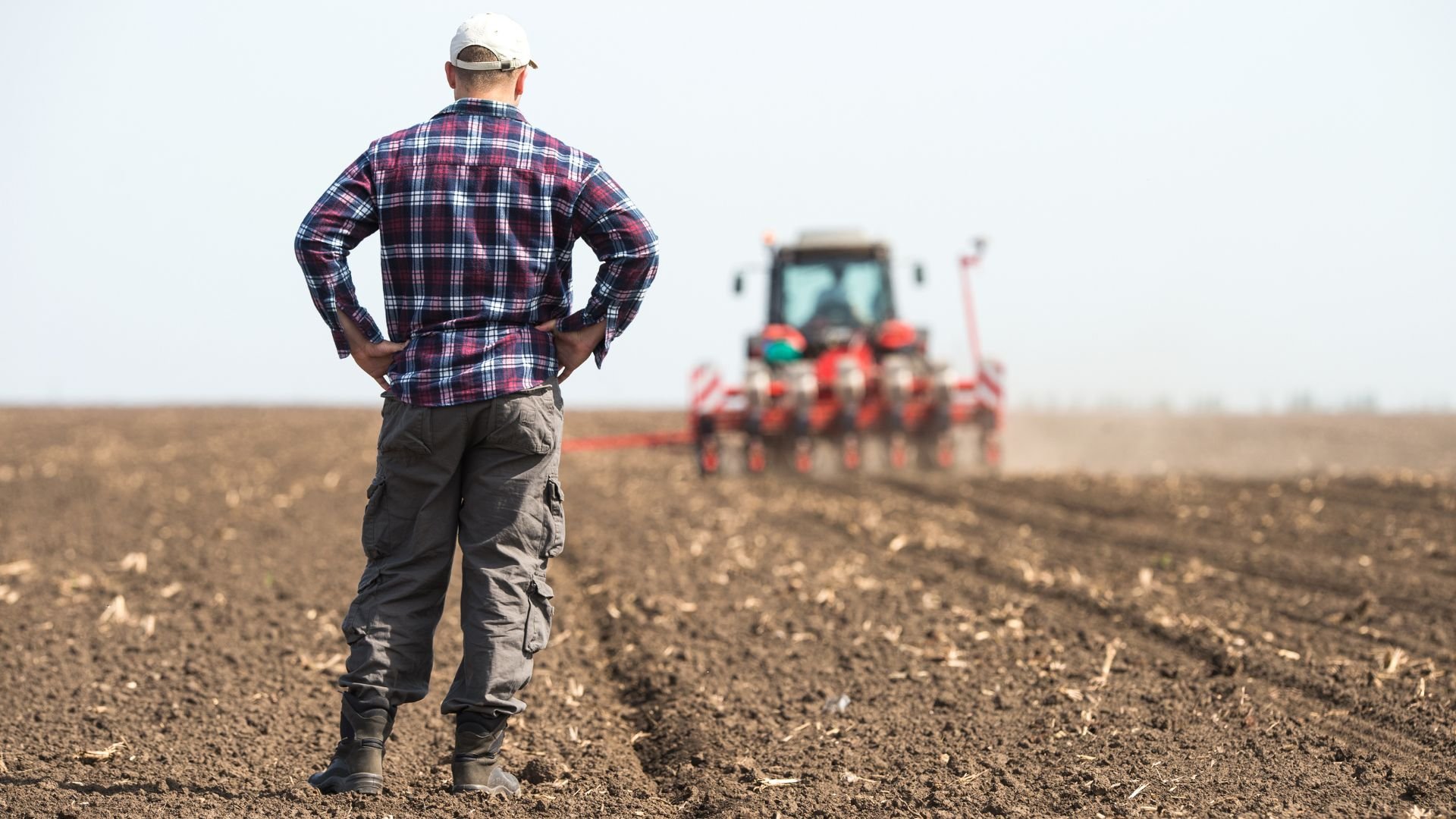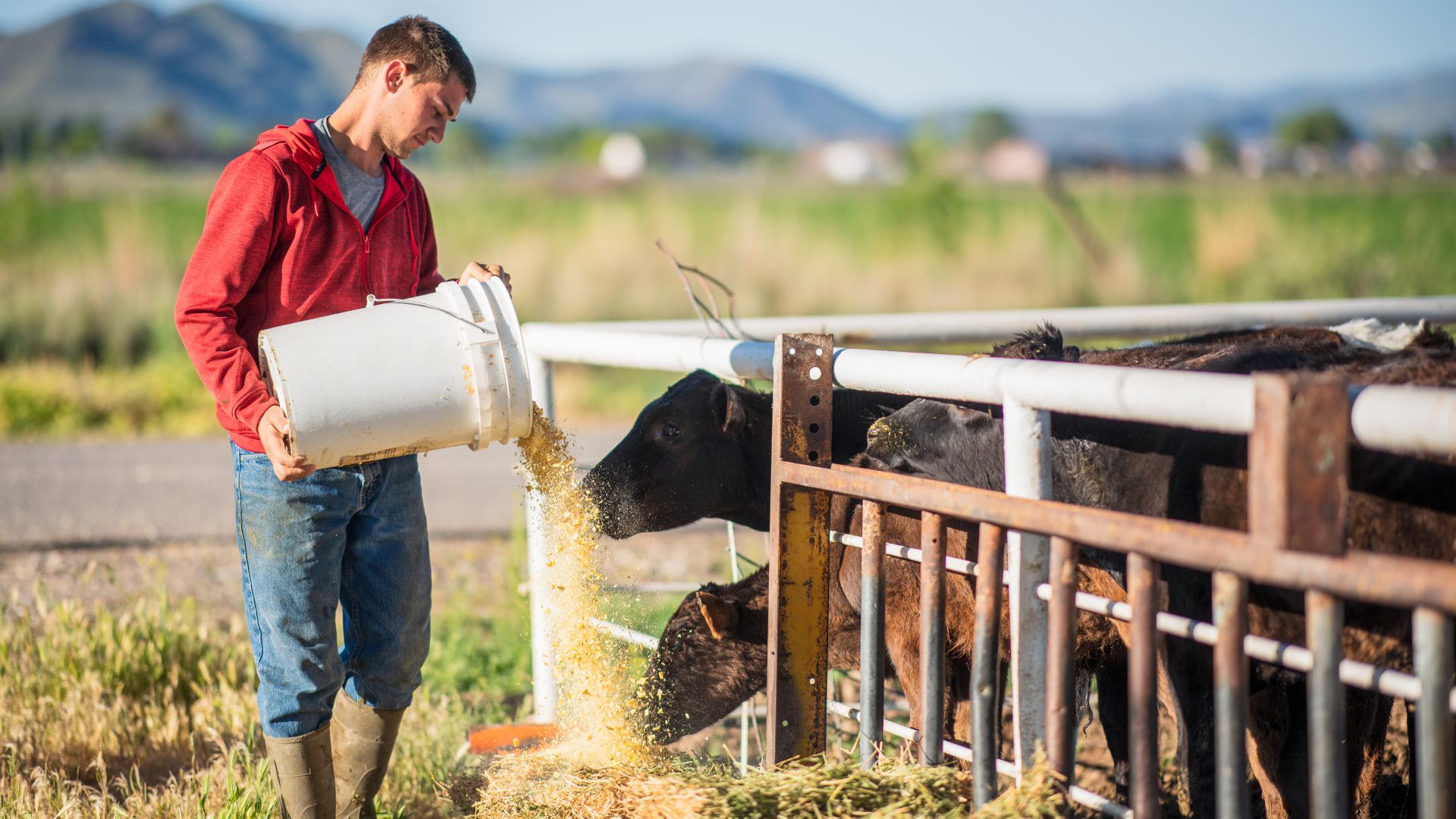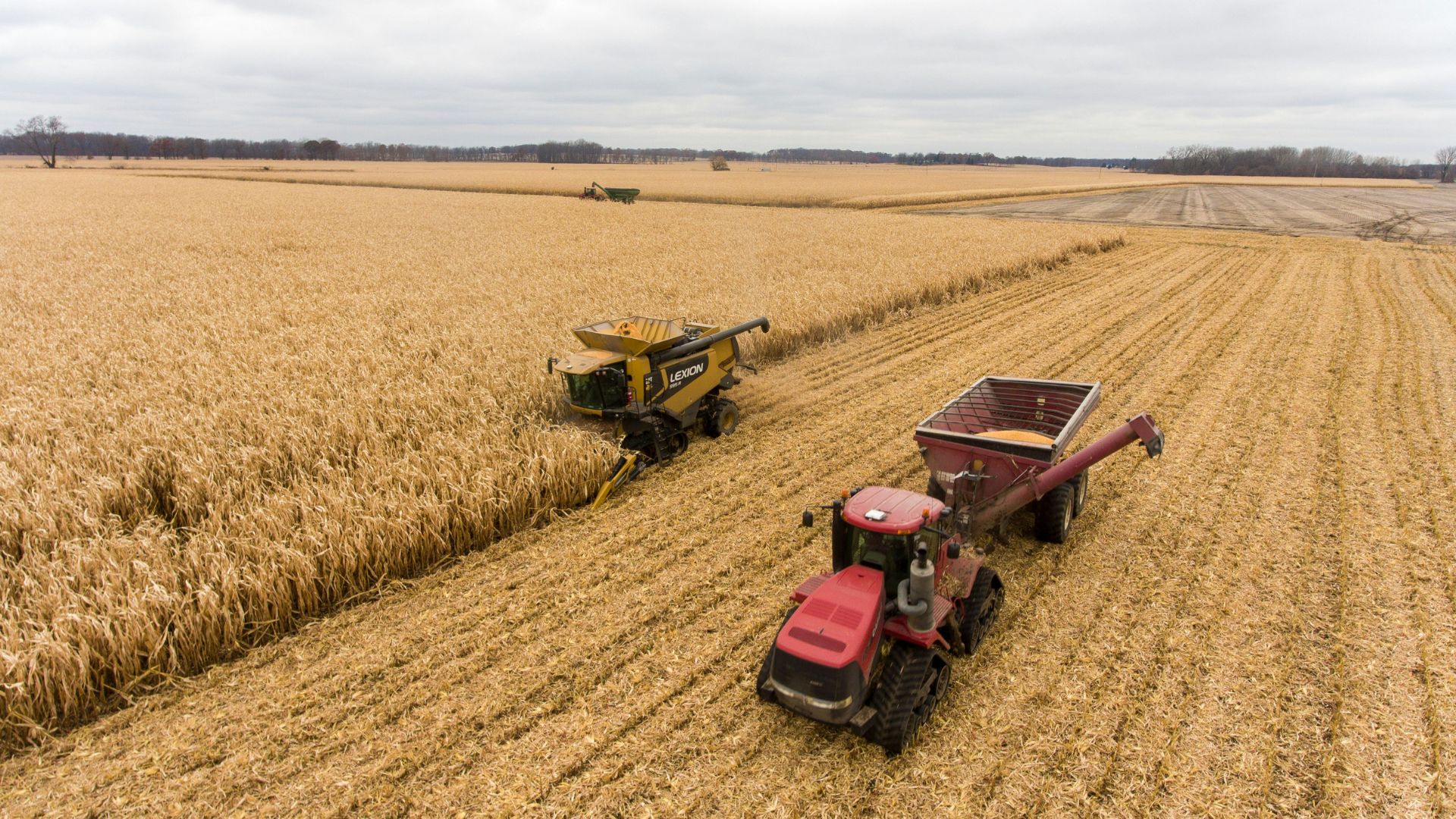Tractor Supply has announced sweeping changes to its environmental, social, and governance (ESG) policies. These changes include eliminating diversity, equity, and inclusion (DEI) roles, withdrawing carbon emission goals, and reducing support for the LGBTQ community.
The decision was made to better align with the values of their rural customer base.
What is Diversity, Equity, and Inclusion (DEI)?

Diversity, Equity, and Inclusion (DEI) is a set of principles and practices aimed at promoting diversity, equity, and inclusivity in the workplace.
This can include creating a diverse workforce that reflects the demographics of society, providing equal opportunities for all employees regardless of their race, gender, sexual orientation, religion, or background, and fostering an inclusive environment where everyone feels valued and respected.
Why are DEI roles important?

DEI roles play a crucial role in creating and implementing policies and initiatives to promote diversity, equity, and inclusion within an organization.
These roles are responsible for identifying areas where the company may be falling short in terms of diversity and inclusion, developing strategies to address these issues, and ensuring that all employees feel included and valued.
Dropping DEI Initiatives

The company will no longer maintain DEI positions or initiatives aimed at increasing workplace diversity.
Previously, Tractor Supply had set goals to boost the number of employees of color at the manager level and above by 50% by 2026. This shift marks a significant change in their corporate strategy.
Carbon Emissions Goals Withdrawn

Tractor Supply is also stepping back from its environmental commitments.
The retailer had aimed to achieve net-zero carbon emissions by 2040 and reduce water usage by 2025. These goals have now been retired as part of the company’s new direction.
LGBTQ Support Reduction

The company will cease submitting data to the Human Rights Campaign, an LGBTQ advocacy group, and will no longer sponsor Pride festivals or voting campaigns.
This marks a departure from their previous perfect score on the Human Rights Campaign Foundation’s Corporate Equality Index in 2022.
Customer Feedback Drives Change

Tractor Supply stated that these changes are a response to customer feedback. The company aims to better represent the values and expectations of its rural customer base.
“We have heard from customers that we have disappointed them. We have taken this feedback to heart,” the company said in a news release.
Investments in Rural Communities

Despite these rollbacks, Tractor Supply continues to invest in causes important to rural communities. The retailer supports veteran causes, state fairs, animal shelters, rodeos, and farmers’ markets.
They are also the largest supporter of Future Farmers of America (FFA), promoting agricultural education for middle and high school students.
Recognition for Diversity

Tractor Supply was previously recognized for its commitment to diversity. The company featured on Newsweek’s list of America’s Greatest Workplaces for Diversity in 2023 and was named to Bloomberg’s Gender Equality Index for 2022 and 2023.
The recent changes mark a significant shift from these accolades.
Impact of Supreme Court Ruling

The move comes amid a broader trend of companies reassessing DEI initiatives following the U.S. Supreme Court’s 2023 decision to strike down affirmative action in colleges.
This ruling has prompted some corporations to reconsider their DEI policies in response to changing societal attitudes.
Industry Reactions

Tractor Supply joins other major companies like Starbucks, Disney, and Target, which have also faced scrutiny and legal challenges over their DEI efforts.
The shift in corporate America indicates a potential reevaluation of how businesses approach diversity and environmental goals, regardless of their stance.
Market Valuation

Tractor Supply is a publicly traded company with a market valuation of about $29 billion.
Despite the changes, the company continues to be a significant player in the retail market, catering to the needs of rural America.








































